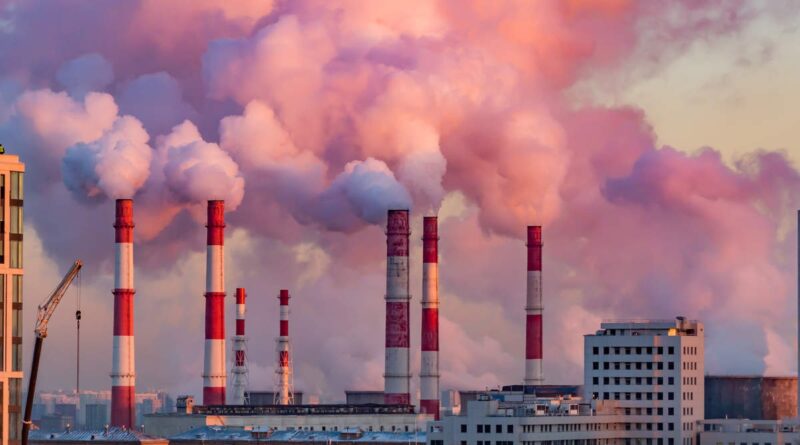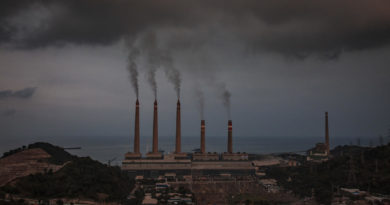Global CO2 emissions to fall by up to 7% in 2020 due to Covid-19
During the peak of Covid-19 lockdown in early April, the daily global CO2 emissions dropped to 2006 levels falling by 17% compared to 2019.
The Global Carbon Project, an authoritative group of dozens of international scientists who track emissions, calculated that the world will have put 37 billion US tons (34 billion metric tons) of carbon dioxide in the air in 2020. That’s down from 40.1 billion US tons (36.4 billion metric tons) in 2019, according a study published on Thursday in the journal Earth System Science Data. It’s the greatest percentage decline in planet-warming pollution since World War II, and considerably larger than the nearly 1 billion tons reduced in 1945.
During the peak of Covid-19 lockdown in early April, the daily global CO2 emissions dropped to 2006 levels falling by 17% compared to 2019. By early June however daily fossil fuel CO2 emissions returned to within 5% below 2019 levels.
The exact decline in CO2 emissions this year will depend on the trajectory of the pandemic and government responses to address it, the report said. Even with the drop in 2020, the world on average put 1,185 tons (1,075 metric tons) of carbon dioxide into the air every second.
Emissions dropped 12% in the United States and 11% in Europe, but only 1.7% in China. That’s because China had an earlier lockdown with less of a second wave. Also China’s emissions are more industrial based than other countries and its industry was less affected than transportation. The reductions were smaller in other countries where coronavirus restrictions came on top of greenhouse gas emissions that are still rising. By December emissions from road transport had fallen 10 percent year-on-year and emissions from aviation were down 40 percent. Emissions from industry — 22 percent of the global total — were down 30 percent in some countries with the strongest lockdown measures.
Final figures for 2019 published in the same study show that from 2018 to 2019 emissions of the main man-made heat-trapping gas increased only 0.1%, much smaller than annual jumps of around 3% a decade or two ago.
During past economic downturns, including the 2008 global financial crisis and the collapse of the Soviet Union in the early 1990s, temporary dips in greenhouse gas emissions were followed by economic recovery and a resurgence in pollution that offset any short-lived gains for the climate.
Under the Paris climate deal, struck among nations five years ago to the day, emissions cuts of around 1 to 2 billion tonnes are needed annually this decade to limit temperature rises to “well below” 2C (3.6 Farenheit).
The UN warned this week that 2020’s unprecedented emissions falls would have a “negligible” effect on long-term warming trends without a global switch to green energy.




